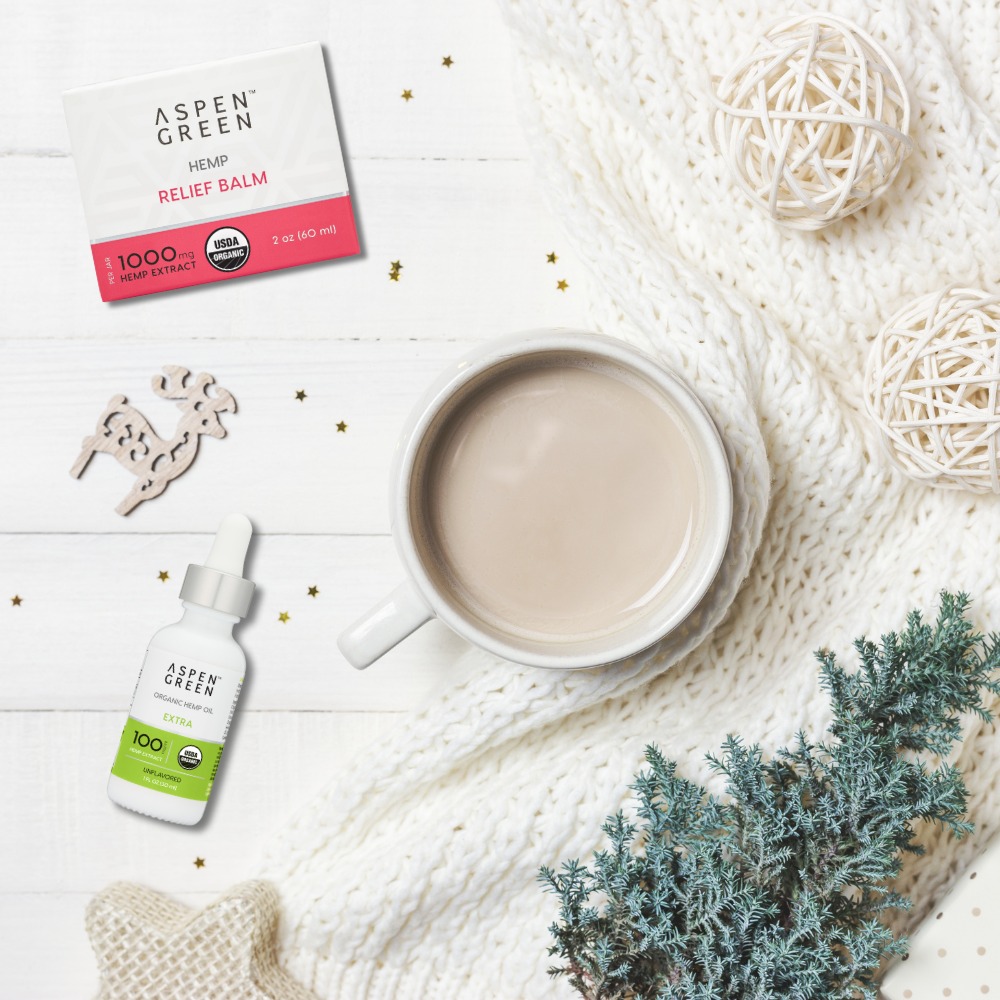What Is “Typical” Skin Specifically, and Does Anybody Truly Have It?

A number of years earlier, when esthetician Renée Rouleau established I was a # 6 mix skin kind utilizing her nine-part analysis skin kind examination, I seemed like I unexpectedly recognized a vital part of my identification. I remained in the combo-skin club, and together with my fellow participants, I might lament the tests of having actually both dried out skin and a glossy T-zone, while completely dry skin and oily skin kinds might bond with their particular charter member and exchange recommendations concerning what items function best for them. It’s excellent to have allies in the mission for problem-free skin. Nevertheless, amongst the primary skin kinds, there has actually constantly been one mystical group whose charter member stay so evasive to me that I had not been also certain they existed: I’m discussing “typical” skin.
You see this expression, “typical skin kind,” throughout the globe of skin care: on item packaging and guidelines, in write-ups supplying skin care recommendations. And yet, as typical as it is to review “typical” skin, I do not understand a bachelor that determines by doing this. And also, given that “typical” is a subjective word, not a detailed one like completely dry or oily, you need to ask yourself: What is “typical” skin anyhow? Is bursting out or obtaining completely dry spots not “typical?” If it isn’t, does any individual truly have “typical” skin? And in any case, does this skin kind probably should have to be relabelled?
What Is “Typical” Skin?
:max_bytes(150000):strip_icc()/cdn.cliqueinc.com__cache__posts__254264__normal-skin-type-254264-1523044213215-main.700x0c-577e222e45f048f7be3c1a9c241a82c2.jpg)
CeraVe.
Moistening Facial Cleanser for Typical to Dry Skin.
$ 15.00.
According to board-certified skin doctor Heather Woolery-Lloyd, designer of Certain Charm, when brand names market their items to “typical” skin kinds, they’re typically routing them at individuals that satisfy a couple of details (suitable) requirements: couple of to no imperfections, no level of sensitivity, minimally noticeable pores, and well balanced hydration degrees. Individuals with this skin kind do not have a tendency to really feel completely dry or oily, they nearly never ever burst out, and their skin care upkeep is quite simplistic.
Dr. Rhea Souhleris Grous, placed it just: “Typical skin remains in equilibrium in regards to oil and water,” she discusses. “Because of this, it does not really feel as well completely dry or as well oily and is typically reduced upkeep.” Still, it is essential to keep in mind that outbreaks and completely dry spots are feasible in all skin kinds, and are not an uncommon experience, Grous explains.
If you’re salivating at the idea of having such a skin kind, feel in one’s bones it’s not specifically typical. “In my 40 years of dermatology technique, I discover most of individuals have some mix skin up till concerning 30, and most of individuals over 40 feel their skin is completely dry,” remarks board-certified skin doctor Loretta Ciraldo, owner of the recently introduced Dr. Loretta skin care line. “Be cautioned the majority of us do not have ‘typical’ skin.”.
“Typical” Skin and Skin Care
” Typical” skin isn’t simply uncommon, nonetheless– some specialists claim it does not practically exist whatsoever. “In my dermatology technique, I do not inform any individual they have ‘typical skin,’ given that this is not a scientific term, yet rather it’s utilized as a standard in the summary of skin care items,” Ciraldo discusses. “For a skin care item, it describes individuals without significant troubles; so, if your skin is delicate, rosacea-prone, oily, acneic, completely dry, or post-procedure, you might require to keep away from some items that claim for ‘typical’ skin given that there is a possibility that the item might worsen your skin disease.” By Ciraldo’s action, if you see words “typical” on a skin care tag, you (occasionally, not constantly) could consider it “a little bit of a caution.”.
Grous claims that items created for skin without details concerns might wind up being a lot more durable than prepared for. “Individuals with skin problem ought to be recommended correctly by a skin care carrier and be discerning with what is ideal to make use of on their skin,” she discusses. “As an example, some ‘typical’ skin kinds can profit by utilizing a vitamin C product. Nevertheless, the exact same Vitamin C product could create outbreaks on oily acneic skin or oily rosacea skin.”.
:max_bytes(150000):strip_icc()/cdn.cliqueinc.com__cache__posts__254264__normal-skin-type-254264-1523049662419-image.700x0c-398124cafda54d8aab2bba7282f3cc18.png)
The various other significant trouble with the term “typical” is that it isn’t details sufficient to assist any individual pragmatically determine what items and behaviors would certainly function best for their skin health and wellness. With her clients, Woolery-Lloyd commonly makes use of the Baumann Skin Inputting System, a collection of concerns to establish one’s skin kind and problem out 16 various choices. The groups in this system consist of oily versus completely dry, delicate versus immune, pigmented versus non-pigmented, and wrinkled versus limited. Due to the fact that this analysis is a lot more details, it’s additionally a lot more exact, providing a tag as unclear as “typical” missing. “Utilizing this system, as an example, my ‘typical’ skin is really DRPT (dry/resistant/pigmented/ limited),” claims Woolery-Lloyd.
The Last Takeaway
The lower line is this: If you’re significant concerning boosting your skin health and wellness and obtaining an actual medical diagnosis, obtaining a medical diagnosis from a certified skin expert to determine your one-of-a-kind demands is your ideal alternative. “All skin kinds have job to do, to preserve lovely healthy and balanced skin,” Grous claims. “When recommending a client or customer, a specialist does not want to deal with a hereditary skin kind yet instead right or handle a skin problem,” she discusses.
It just isn’t a concentrated or outlined adequate summary and, therefore, purposeless. As well as, words itself scrubs numerous skin specialists the upside-down. “I do assume it is a little weird to claim ‘typical’ skin given that the reverse of typical is irregular, which is sort of adverse,” Renée Rouleau claims. Still, Grous claims that hereditary skin kinds should not be evaluated, as a result we ought to recognize the difference in between skin kinds we can not transform, skin problem we intend to handle, and skin criteria established by culture.


 English
English 



































































































































































































































































































